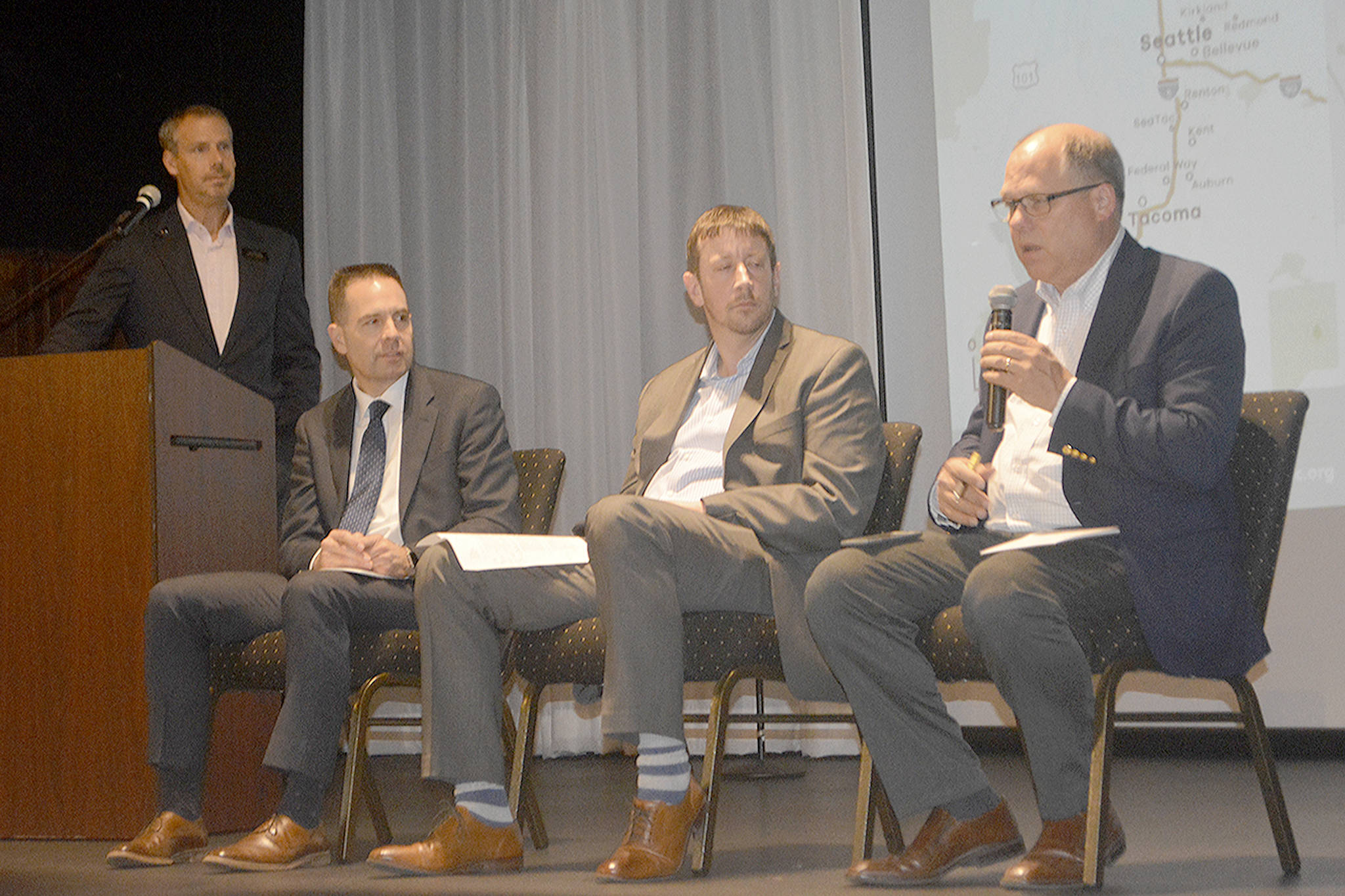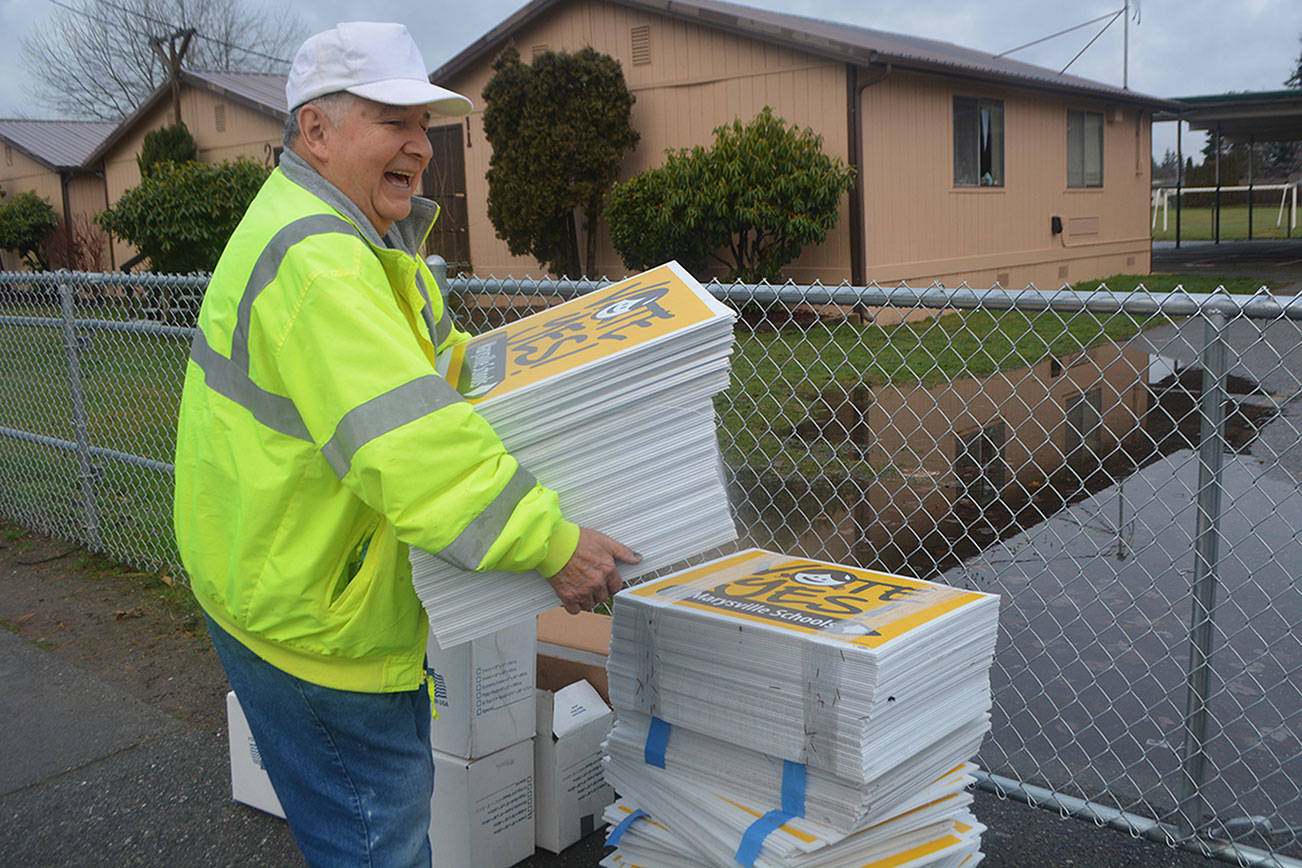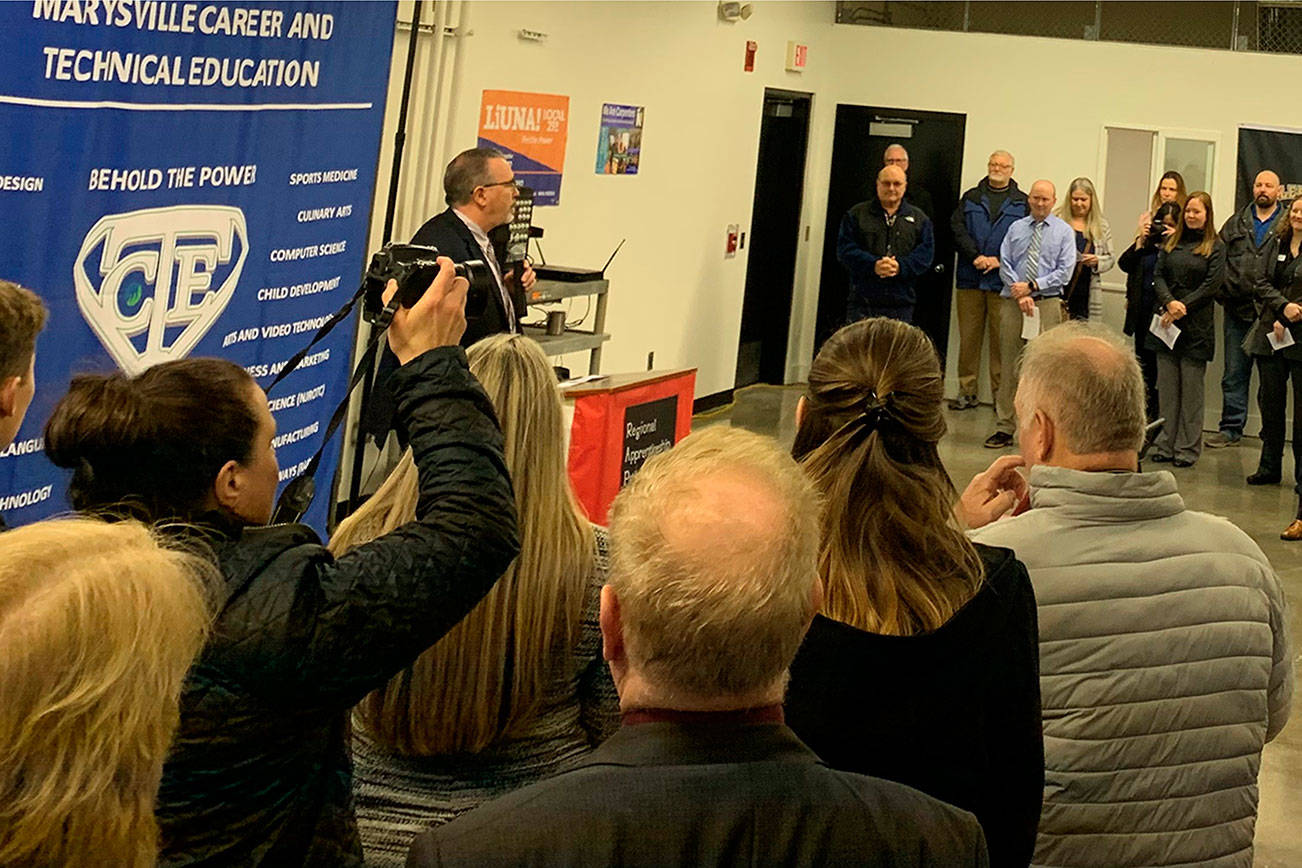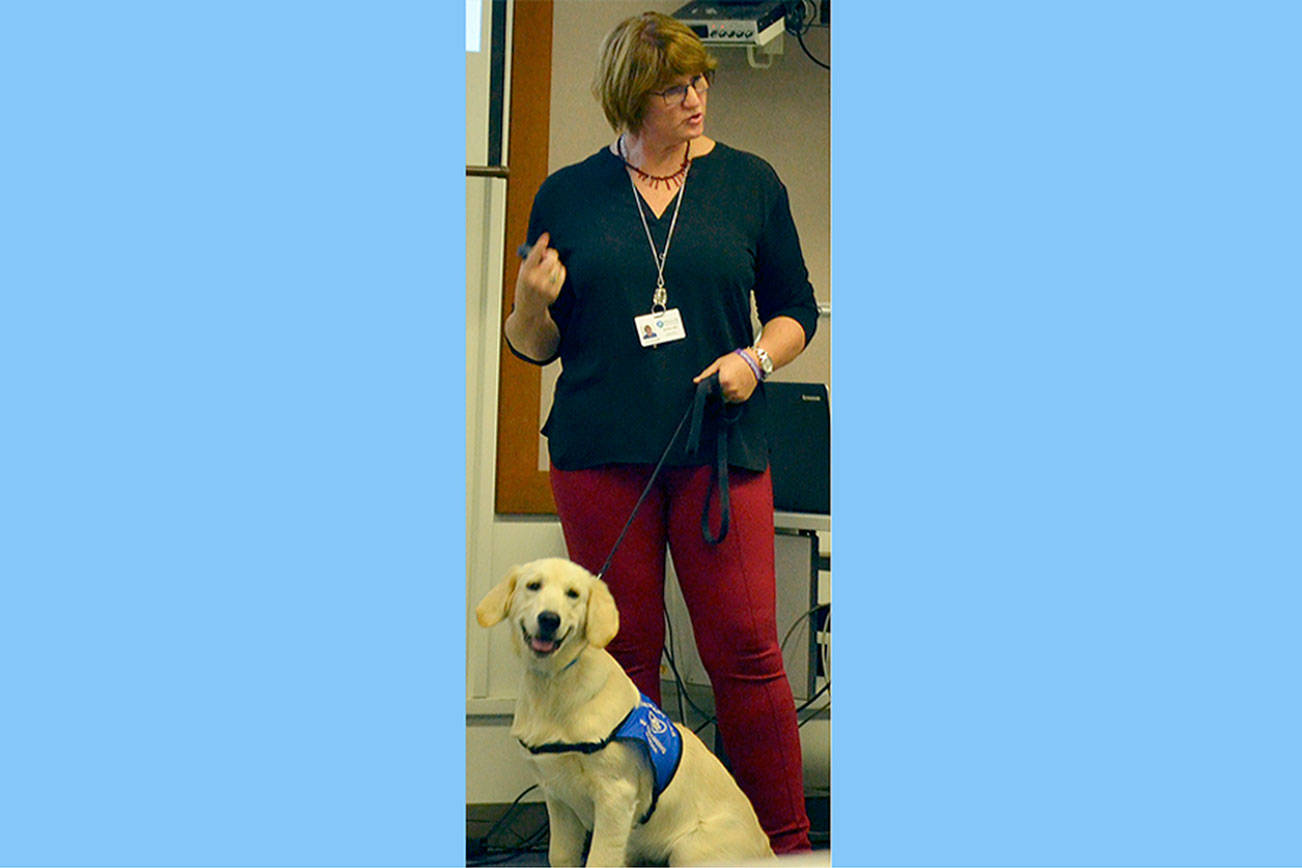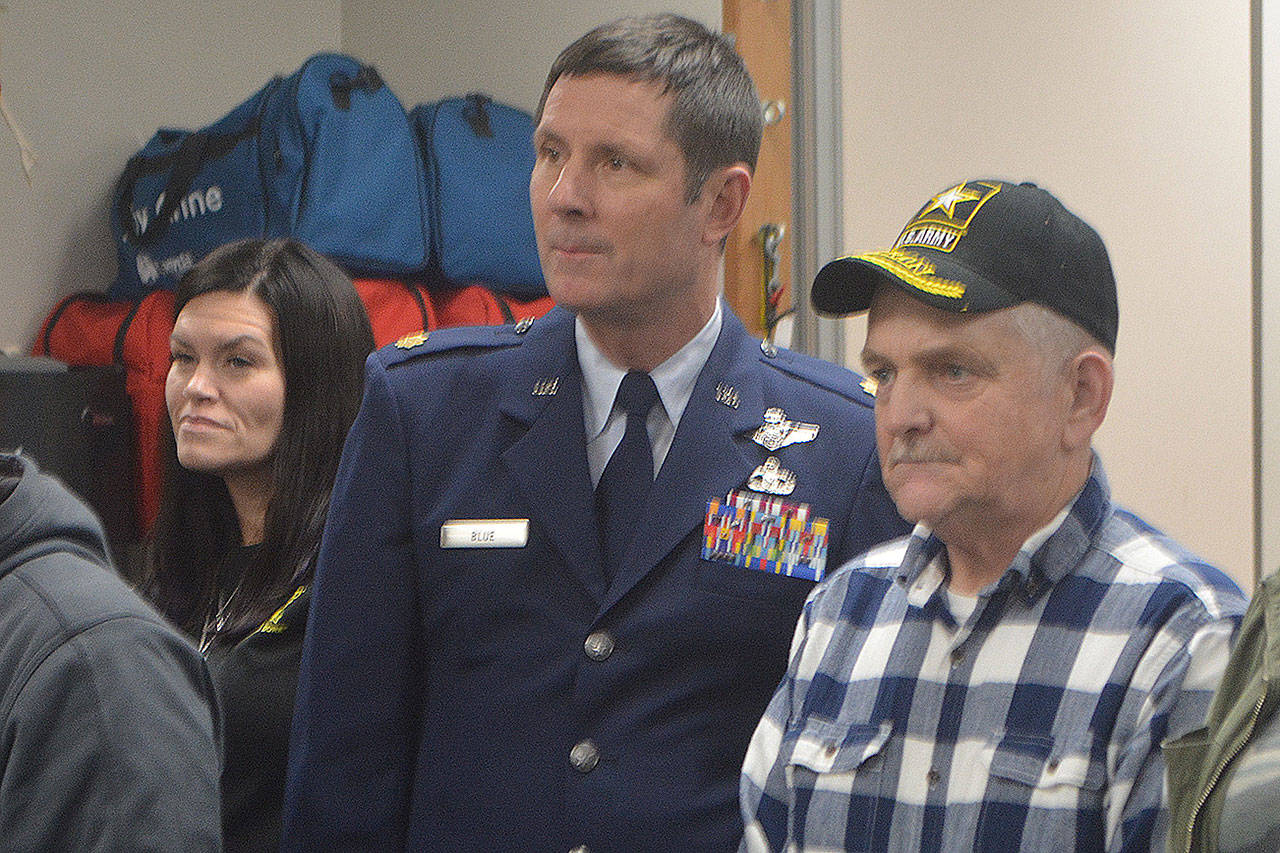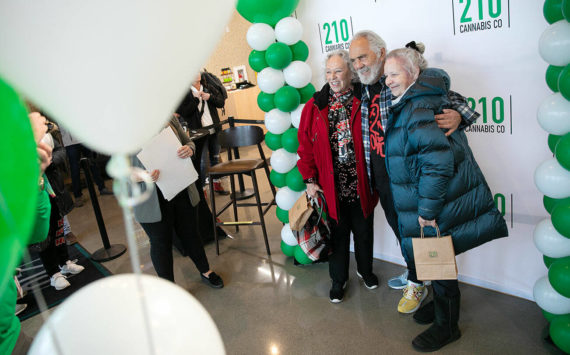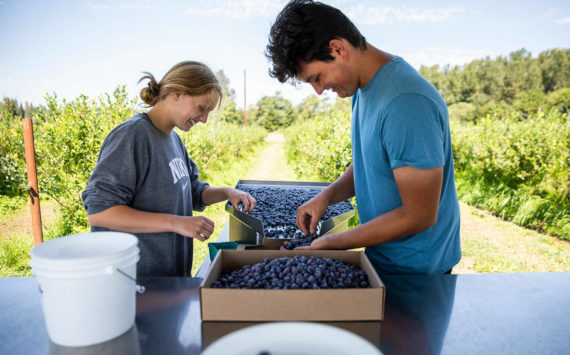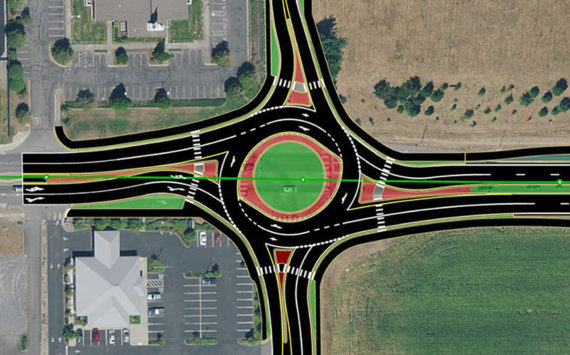MARYSVILLE – If you want the Cascade Industrial Center to be a success, vote against car tab Initiative 976.
“I-976 will not help” if it passes and transportation dollars are lost, Patrick Pierce, CEO of EASC, said at a Business Summit Tuesday.
He also said because this area is one of the most trade-dependent in the world, “Create free and fair trade.”
Pierce was on a panel that talked about the CIC. Also on it were Marysville Mayor Jon Nehring and Carl Craven of Web Industries Manufacturing, which is part of the CIC.
Pierce was asked by moderator Todd Fahlman how long it will take to build out the CIC. “We’ve got a robust pipeline” but it will take many years, even with the outlook of a strong economy, Pierce said.
Nehring was asked about affordable housing, since more people will be moving to the area for CIC jobs.
He said the state is providing funds for that so the city is looking into working with the county to get a piece of that. He also said the city could reduce some fees to encourage developers to include some affordable housing. He said the city already is going through a growth spurt to incentives aren’t needed for affordable housing. “Incentives are for things that aren’t happening,” he said.
And with higher-wage jobs coming in, low-cost housing would not be in such high demand.
He followed that up by saying the previous standard of $18 an hour is no longer high wage, so the city would look into increasing that. Businesses that locate in the CIC can qualify for tax breaks if they pay $18 an hour.
Nehring said new stuff coming to town does complicate some things, but he’d rather “manage opportunity than decay.”
At the Marysville-Tulalip Chamber of Commerce event, Nehring was asked how CIC businesses would affect other businesses in town.
Nehring sees it as a win for them.
“Your product has new customers,” he said.
As for the CIC tax breaks, Nehring said, “It’s worth it because the new businesses help the economy so much.”
As for hurdles that have been overcome, he said Puget Sound Regional Council designation was key.
“They do not want competition,” Nehring said of industrial centers to the south. Getting a full interchange at 156th Street also was key. The city investing $16 million in an overpass there was important for that project to advance. The state deciding to be more competitive for business and local workforce development with the trades also is important.
“We have to grow our own talent,” Pierce said, adding school districts now have that focus.
Craven said the state and city are not that business friendly. “We’re breaking ground,” on those discussions, he said. Craven said the state is cautious about the environment so building from scratch can take two years.
“You have to overcome the cost of doing business,” he said.
Nehring said the CIC benefits everyone: from gas stations to restaurants to grocery stores and so on.
“It creates wealth so everyone can invest in schools,” for example, he said.
Nehring said the CIC will only grow because there’s no room to build to the south, and businesses are already relocating here from the Seattle area because of the better quality of life.
“There are so many cost advantages for businesses,” he said.
Pierce said flights out of Paine Field and Opportunity Zones in the Arlington portion of CIC make it even more desirable.
Lower housing prices also are a plus.
“That you can live and work in the same community is really attractive,” he said.
Craven said Web for years looked at Tacoma because it gets raw materials there. It looked at Seattle but didn’t like the traffic. While its headquarters are in Atlanta it wanted something closer to Boeing. When the CIC received its designation that clinched it. The tax benefit was a bonus.
“Snohomish County has a lock on that,” he said.
Pierce sees nothing but good things ahead.
“There’s some amazing businesses on the cutting edge, and it’s only the beginning,” he said.
